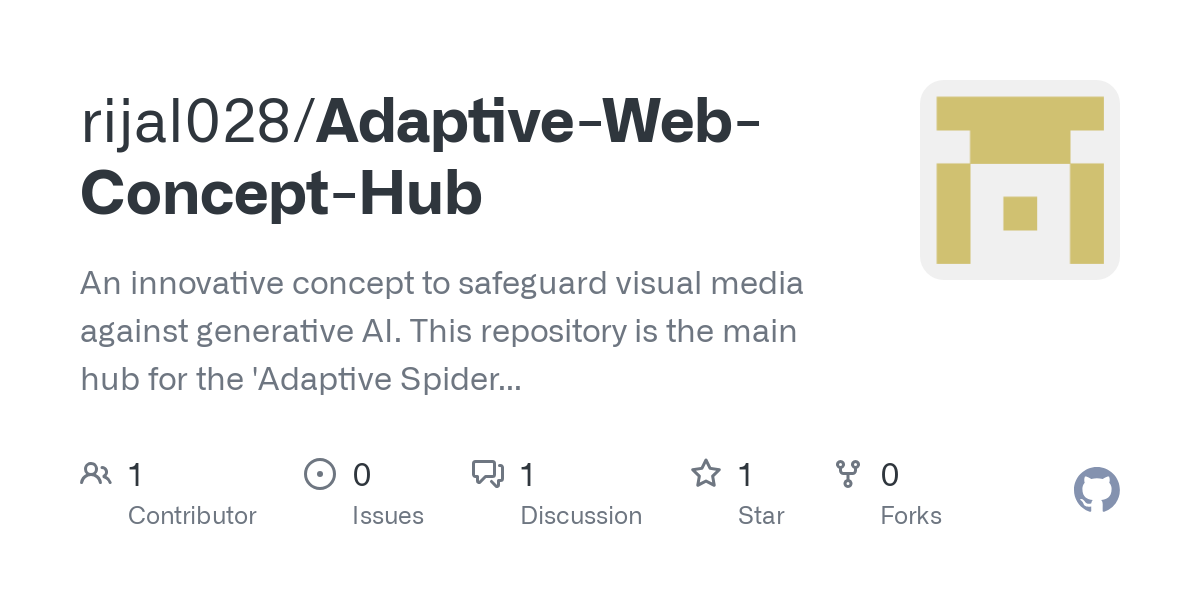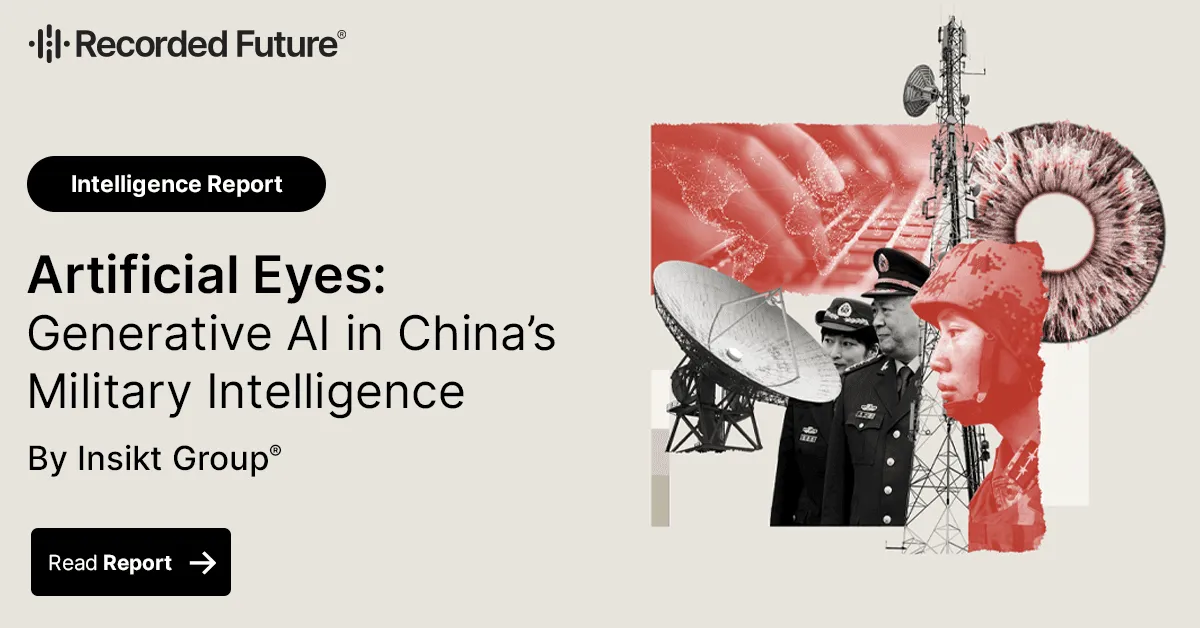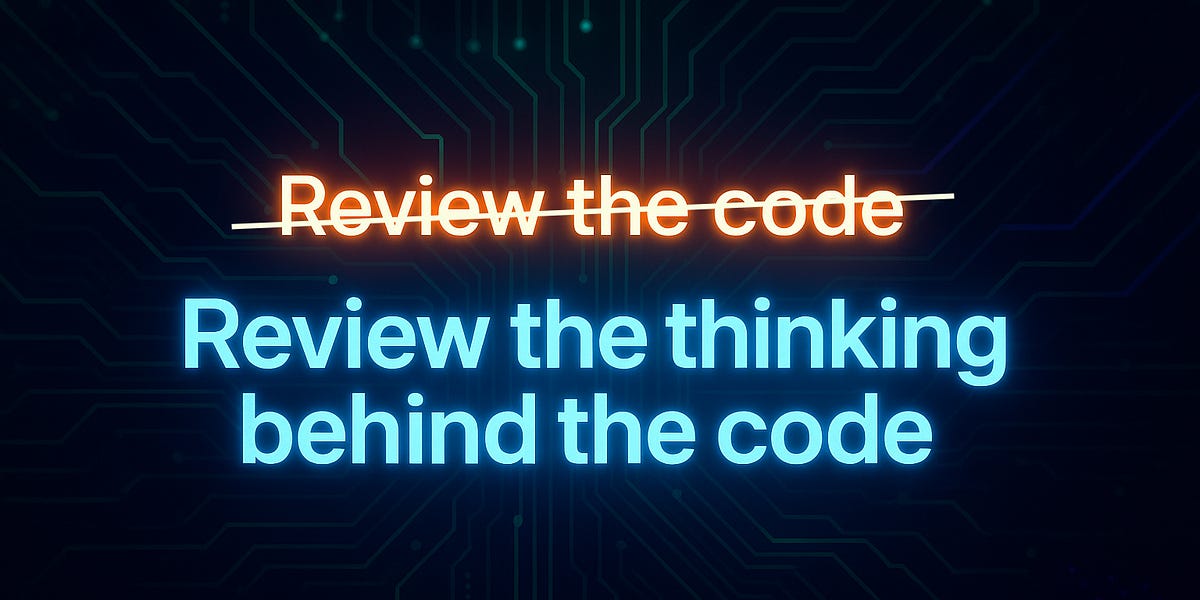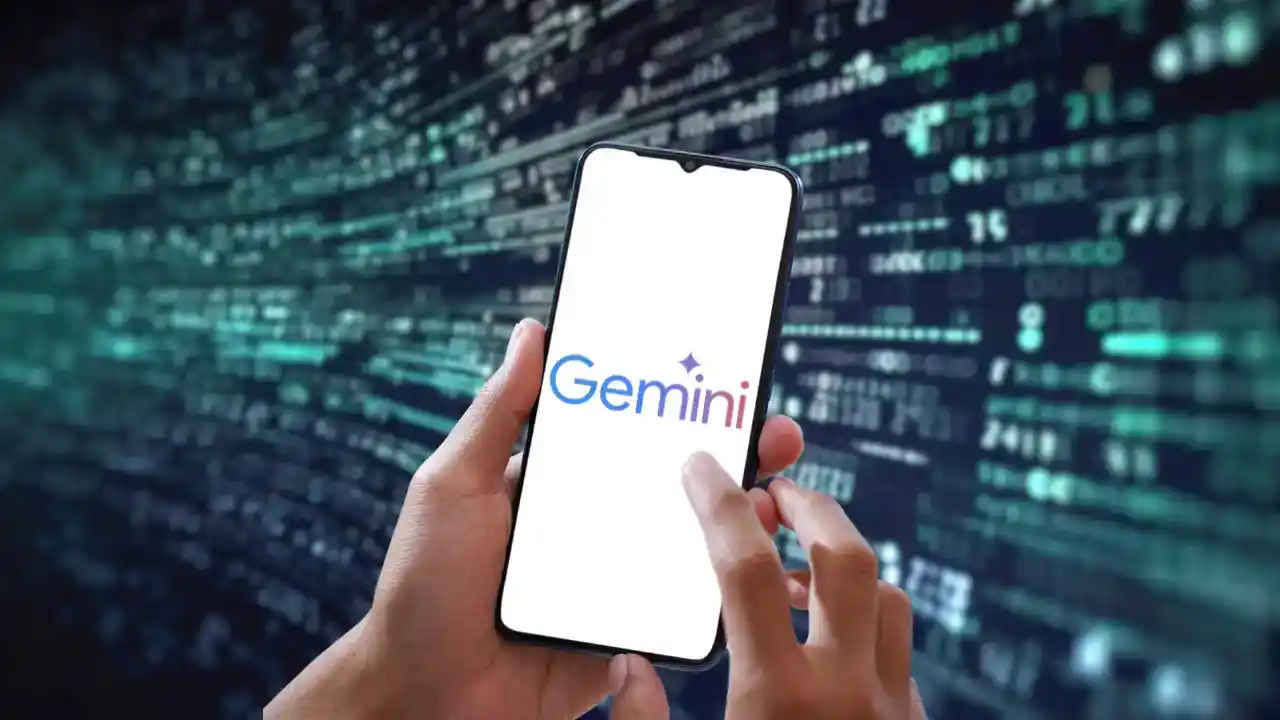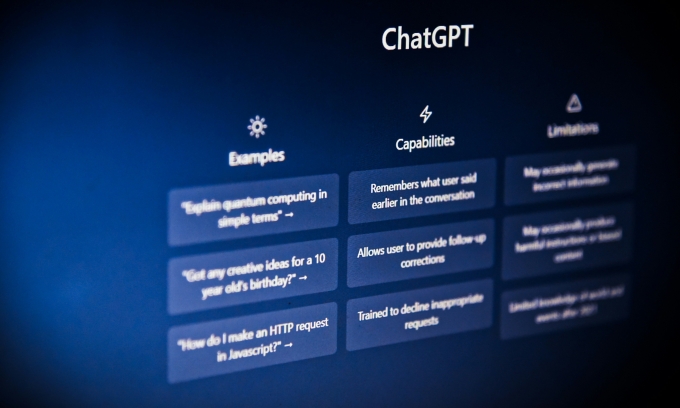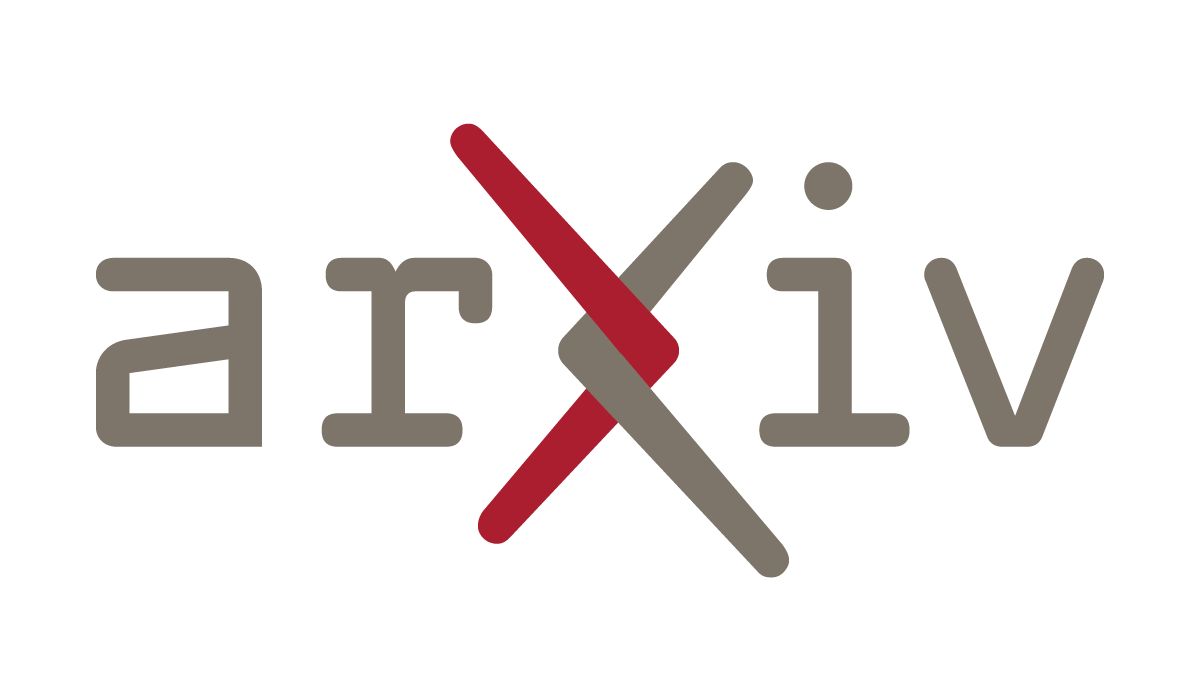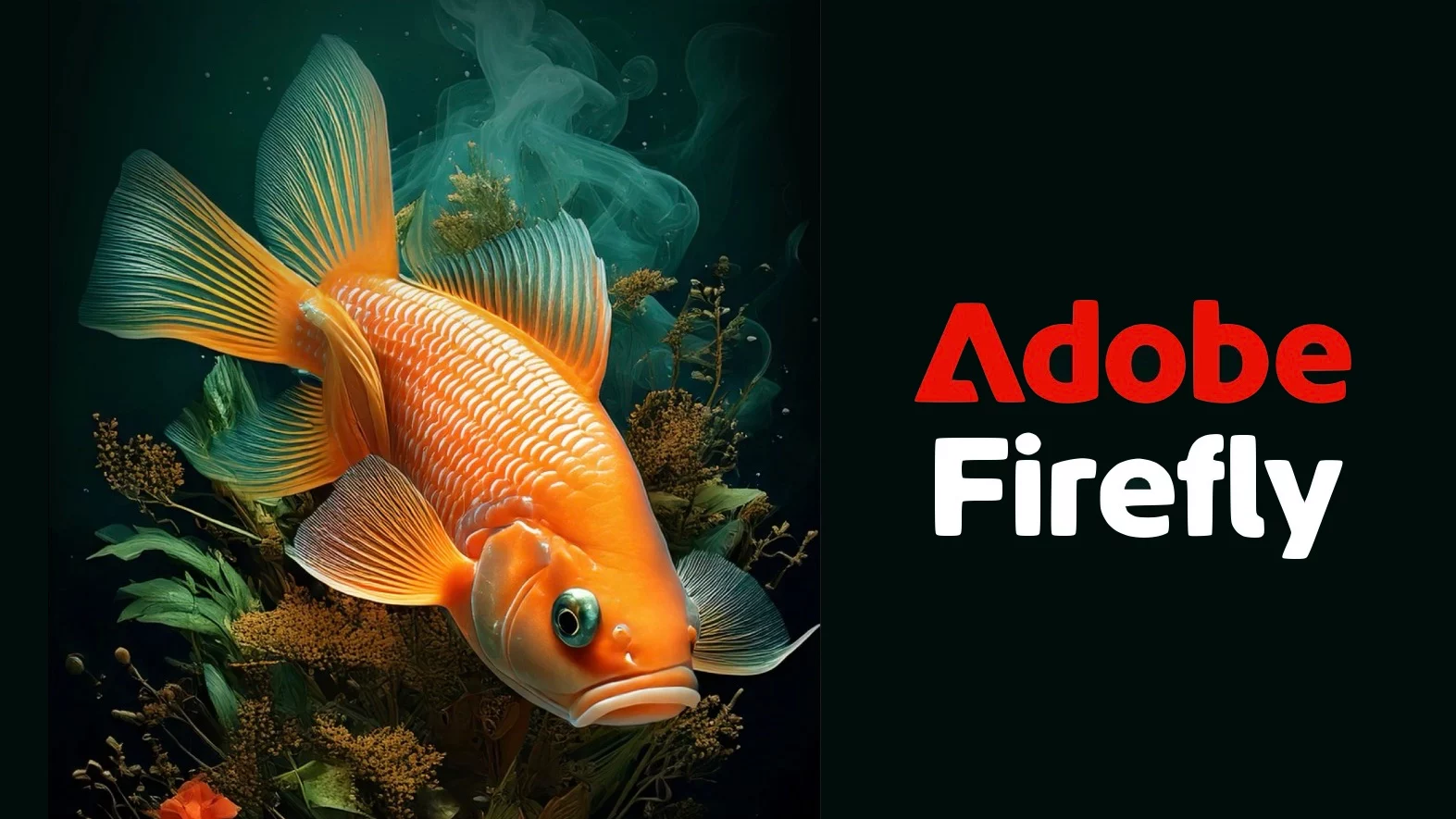The “Noise Adaptive Algorithm,” conceptualized by Rijal Saepuloh, offers a novel framework to protect digital images and videos from unauthorized manipulation by AI generative models, including deepfakes. This method aims to safeguard visual data without compromising quality for human viewers. With the rise of generative AI technologies, the need for such protection is increasingly critical.
The algorithm uses an “Adaptive Spider Web” structure to embed a dynamic noise pattern that disrupts AI processes while remaining imperceptible to humans. Users can opt for an “AI-Friendly” or “Protected” image output, with the protection remaining invisible and effective even in screenshots. The project has been publicly disclosed on GitHub as of June 2025, aiming to encourage dialogue and research on responsible AI usage. Saepuloh welcomes collaboration and discussion from interested researchers and organizations to further develop these ideas.
Source link
